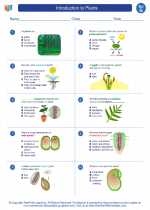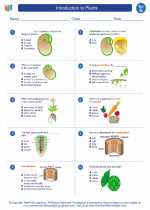What is Luteinizing Hormone (LH)?
Luteinizing hormone (LH) is a hormone produced by the pituitary gland. It plays a key role in the reproductive system of both males and females.
Role of LH in Females
In females, LH helps regulate the menstrual cycle and ovulation. During the menstrual cycle, LH levels surge, triggering the release of a mature egg from the ovary, a process known as ovulation.
Role of LH in Males
In males, LH stimulates the production of testosterone in the testes. Testosterone is essential for the development of male reproductive tissues and the maintenance of male secondary sexual characteristics.
Regulation of LH
LH production and release are regulated by the hypothalamus, a region of the brain that produces gonadotropin-releasing hormone (GnRH). GnRH stimulates the pituitary gland to release LH into the bloodstream.
Functions of LH
- Stimulates ovulation in females
- Regulates the menstrual cycle
- Stimulates testosterone production in males
- Plays a role in the development of reproductive tissues
Disorders Related to LH
Imbalances in LH levels can lead to reproductive disorders. High levels of LH may indicate conditions such as polycystic ovary syndrome (PCOS) in females, while low levels of LH may be associated with conditions like hypothalamic amenorrhea.
.◂Science Worksheets and Study Guides Seventh Grade. Introduction to Plants

 Worksheet/Answer key
Worksheet/Answer key
 Worksheet/Answer key
Worksheet/Answer key
 Worksheet/Answer key
Worksheet/Answer key
 Worksheet/Answer key
Worksheet/Answer key
 Vocabulary/Answer key
Vocabulary/Answer key
 Vocabulary/Answer key
Vocabulary/Answer key
 Vocabulary/Answer key
Vocabulary/Answer key
 Vocabulary/Answer key
Vocabulary/Answer key
 Vocabulary/Answer key
Vocabulary/Answer key
